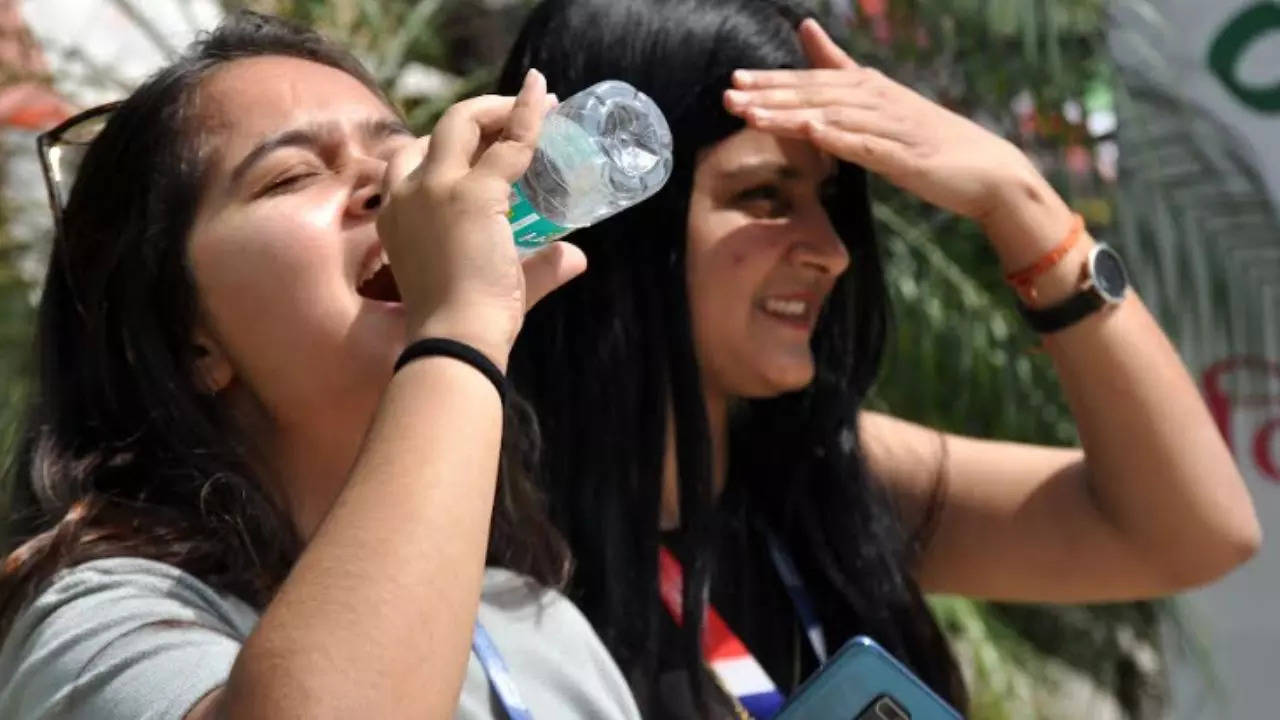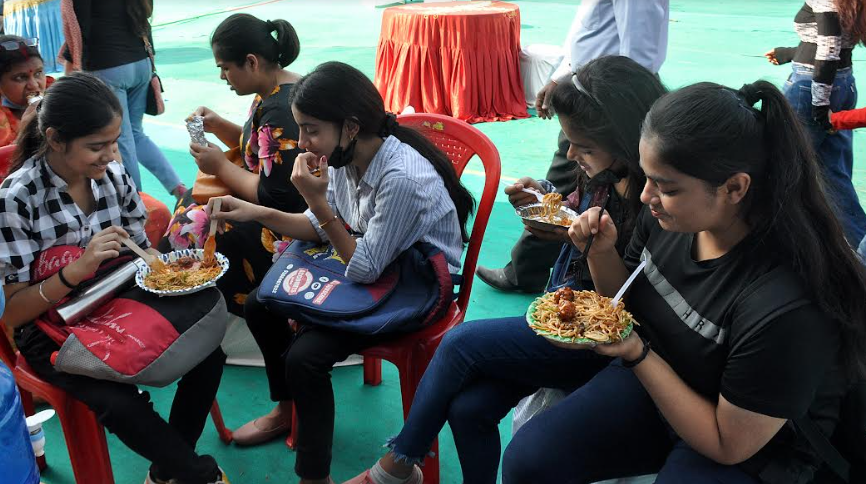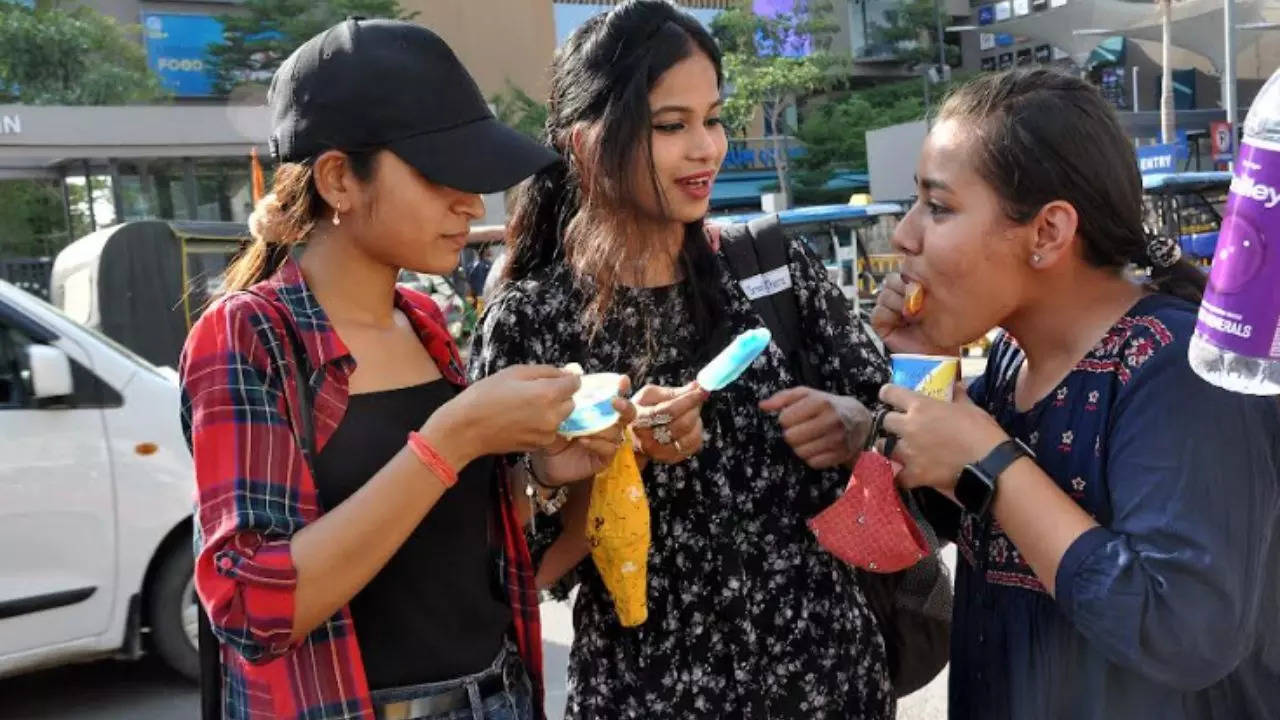
As the world comes together on this World Environment Day to address the pressing issue of plastic pollution, one particular threat looms silently, imperceptible to the naked eye, yet capable of wreaking havoc on our lives in ways we could never have imagined.
Microplastics – minuscule particles measuring less than 5mm in diameter – have infiltrated the human bloodstream in Bhagalpur and Buxar districts, according to recent studies.

Microplastics and nano-plastics make their way into our bodies through food and drinks
Microplastics have emerged as a formidable source of environmental contamination. These tiny materials, originating from a variety of sources, have been discovered within agricultural fields and even crops in Bhagalpur and Buxar.
“Plastic doesn’t decompose chemically when it ends up in soil or water. Instead, it physically breaks down into countless tiny particles. These minute fragments cannot be filtered out during irrigation and have the potential to infiltrate crops, ultimately entering our food chain,” said Ashok Kumar Ghosh, professor and HoD (research), Mahavir Cancer Institute and Research Centre.
“Human activities, ranging from plastic mulching and sewage to fertiliser coatings and rampant littering, have transformed soil into the largest reservoir of microplastics,” he added.

Ingestion of microplastics poses health risks and introduces toxic contaminants to the body
Microplastics and their even smaller counterparts, nano-plastics (NPs), have found their way into our bodies through pathways including tap water, bottled water, seafood, beverages, milk, fish, salts, fruits, and vegetables.
“We are conducting studies in other districts near the Ganga riverbank areas. By August this year, we will have confirmation on the presence of microplastics in those regions along with data on the quantity of microplastics in Buxar and Bhagalpur,” Ghosh said.
The infiltration of microplastics into the food chain poses significant risks to human health. Multiple studies have indicated the presence of microplastics within the human body, affecting vital systems such as the respiratory, immune, reproductive, and digestive.
Disturbingly, the consumption of microplastics has been found to be significantly associated with various diseases, including infertility, obesity, and even cancer.
“While the ecological risks associated with microplastic pollution are not yet fully understood, studies have demonstrated that they are entering the biota through direct and indirect routes. Over time, these plastics break down into nano plastics, which contaminate the food chain, thus becoming an unsuspected component of the food we consume,” Ghosh said.
Ingestion and subsequent translocation of these particles have the potential to cause health impairments and introduce toxic organic and inorganic contaminants to the body.
“Numerous studies have reported the adverse effects of inhalation and ingestion of microplastics and nano-plastics, such as altered immune responses, chemical toxicity, inflammation, and damage to various organs, particularly the lungs,” he said.
These minute particles can penetrate cells, potentially resulting in genotoxic impacts such as cytotoxicity, DNA oxidative damage, genotoxicity, an increase in reactive oxygen species (ROS), and gene expression changes.
“ROS production is heightened when microplastics interact with ultraviolet radiation or reactive metals. Consequently, microplastics induce oxidative stress by releasing chemicals and ROS into the host, leading to the formation of cancerous cells,” he said.
According to Ghosh, the state’s first plastic ban implemented in 2018 was a huge success. However, over time, the re-introduction of plastic bags by cottage industries under public pressure became a setback in our fight against plastic pollution.
“It’s time for us to unite and prioritize plastic recycling. Even non-recyclable plastics can find new life in road construction, and we must gradually reduce our plastic usage in our daily lives, such as by carrying cloth bags outside,” he said.







